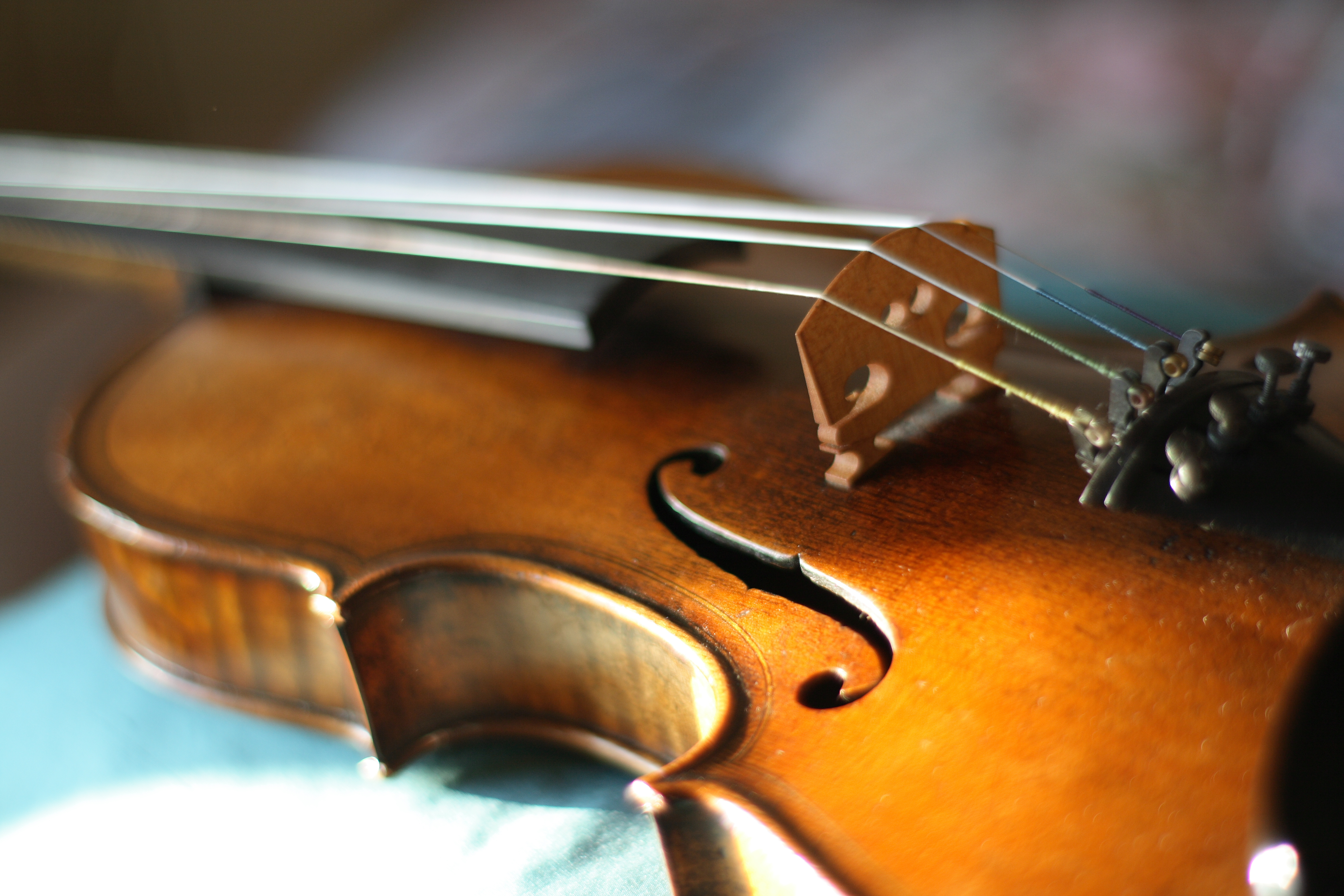On Air Now
Relaxing Evenings with Zeb Soanes 7pm - 10pm
5 February 2018, 12:26
Is it too late to pick up a musical instrument when you’re on the other side of 30? Absolutely not, say Classic FM’s Alexander Armstrong, Lucy Coward and John Suchet.
It might seem like a daunting task, starting a musical instrument from scratch or picking one up that you haven’t touched in 20 years. But think of it this way: now you’re out of school (and your parents’ clutches), you are learning a musical instrument for YOU, and you alone.
Here are some tips to make those first few months of practice a bit less overwhelming.
‘Little and often’ is a cliché, but when it comes to practice, it really works.
“Just make sure you keep at it,” says Alexander Armstrong, who took up the oboe again after a 25-year break. “Quite often, it’s what your muscles remember when you’re not playing that will help you.
“So, if you’re not getting it, just persevere. Put the instrument down, come back another day, and you’ll find you’ve cracked it.”
Although it might seem like a great idea to launch straight into Albinoni’s Oboe Concerto, which you absolutely nailed aged 17, you want your instrument to feel like a fresh and exciting new hobby.
“If it’s a slightly fresher approach, it won’t feel like you’re putting on a pair of old, wet swimming trunks. It will feel new and exciting,” says Alexander.
“So, don’t dig out the books you learned from first time round. Go online or to a good music shop, and find yourself a new book. Perhaps a beginner’s one, something you can whizz through.”
If your instrument has been sitting on the shelf since school, take a tip from Alexander and get it serviced.
“There’s nothing more depressing than trying to play with a key that’s not working, or with perished rubber around your keys,” he says.
Getting the instrument serviced will help you play to the best of your ability, without being held back by technical difficulties.
Giving yourself something to work for is a great way to give meaning to your practice. Last year, Lucy Coward took up singing again as part of a project to perform at Classic FM Live at the Royal Albert Hall.
“It won’t be everyone’s cup of tea,” Lucy says, “but it really kept me going. I had such a sense of pride when I had completed that performance.”
OK, maybe the Royal Albert Hall stage isn’t a very realistic first goal. But to give yourself something to aim towards, consider signing yourself up to a local music night, joining an orchestra and playing at their next concert, or even doing half an hour of busking. The butterflies will be worth it for the confidence boost that follows!
This time, you are playing your instrument for your wellbeing and your personal development – not because you have a lesson in an hour’s time. Although lessons are great and incredibly useful for making progress, playing music is primarily about making you happy.
“I would always feel so much lighter and my head would be much clearer after a rehearsal,” says Lucy Coward.
“I don’t make enough time for myself, few people do. But with an instrument it’s easy to justify focusing on that – therefore you – for half an hour or so because you’re learning a new skill.”

Here’s when it starts to get tough. It’s all well and good picking up your instrument once, then putting it down again for another six months – but if you want to get more out of it, you’ll need an extra sliver of determination.
Alexander Armstrong found out the hard way. “The first and second times you play, you’ll have a lovely time – but then, around the third, fourth and fifth, you might be visited by the familiar ‘ugh’ you had while you were playing in your teens. You just have to push on through.”
Once you’ve got past those initial feelings of frustration, you’ll realise that if you used to sing or play at school, a lot of it will come back to you.
“I was reminded that you don’t lose many of the skills you learnt all those years ago,” says Lucy Coward. “In fact, when I started singing again I realised I had remembered so much about reading music, breathing, phrasing, counts, etc. that actually it was a major boost!”
Taking up a musical instrument is about bringing more joy and satisfaction into your life. Take John Suchet, who gave up the trombone aged 18, then decided to pick it up again 50 years later, aged 68.
“Although picking up my instrument after all those years seemed terrifying at first, I actually felt much better equipped to practise it as an adult,” says John.
“It’s such a lovely feeling, knowing that you’re playing for the sole joy of creating music.”
Are you feeling psyched to pick up your old French horn again yet?